Tag: politics

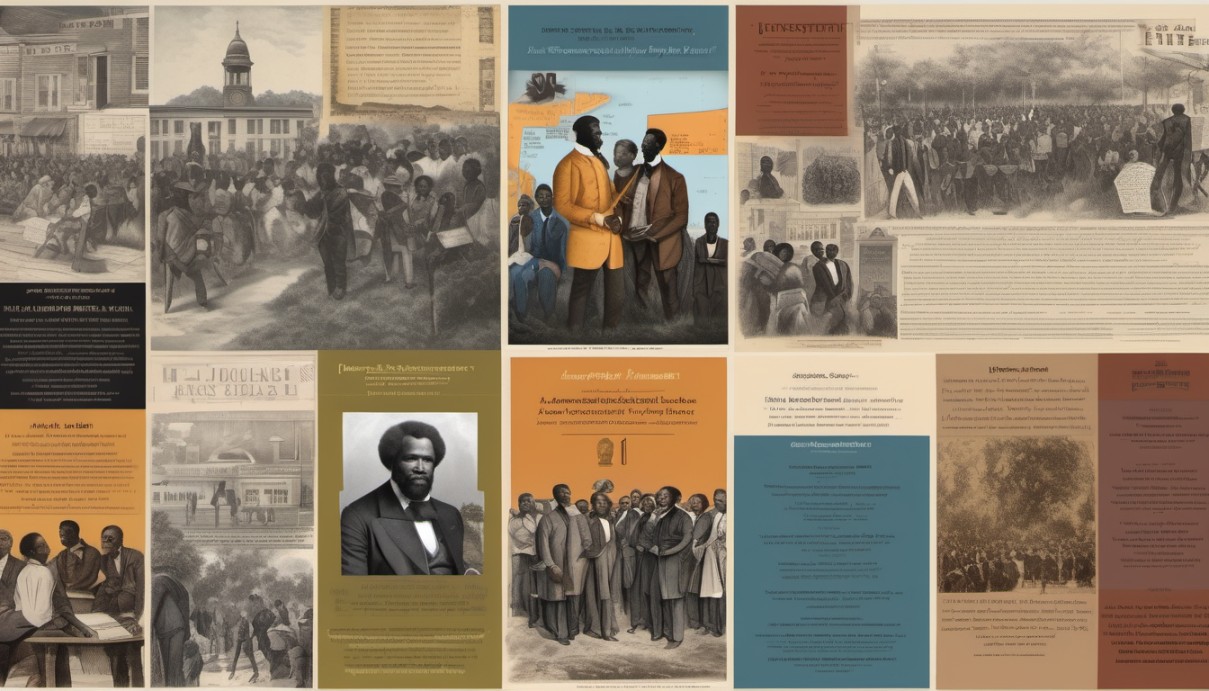
Juneteenth: 3 Lessons in Activism
June 19, 2024 | Post
Today we celebrate Juneteenth, honoring the official end of slavery in the U.S. and the ongoing fight for liberty and
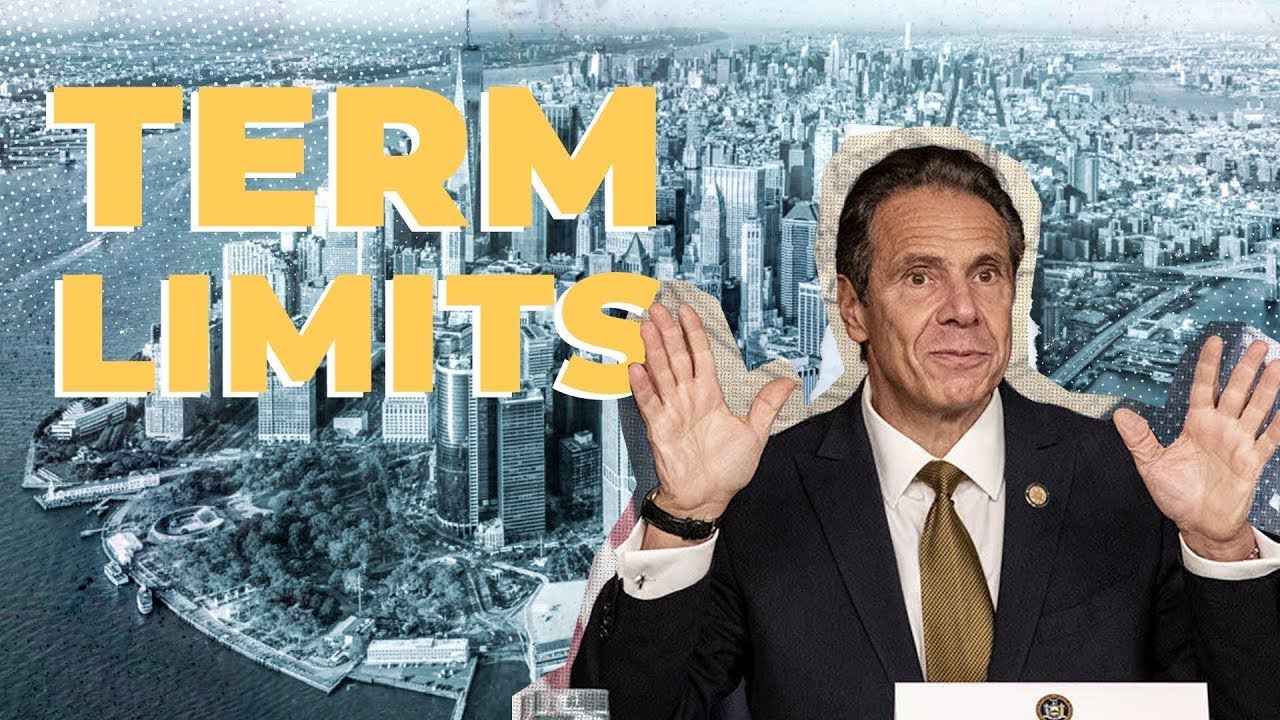
How to Bring Politicians Back to Reality
May 22, 2024 | Video
In this video, we delve into the troubling history of political office in New York, highlighting recent scandals and the broader issue of politicians losing touch with their constituents. The video features an in-depth discussion on the necessity of implementing term limits for statewide offices, advocating for a system where elected officials are more integrated […]

The Economic Impact of the Ukraine War
May 22, 2024 | Post
Over two years since Russia’s invasion of Ukraine, the war’s economic toll is immense: $564.9 billion in infrastructure damage, daily costs of

How and why the war on drugs has failed
March 21, 2024 | Post
In this article, we’ll dissect the failures of the war on drugs, seeking to uncover the factors that have led to its ultimate downfall, as well as diverse arguments for ending the war on drugs and embracing legalization.
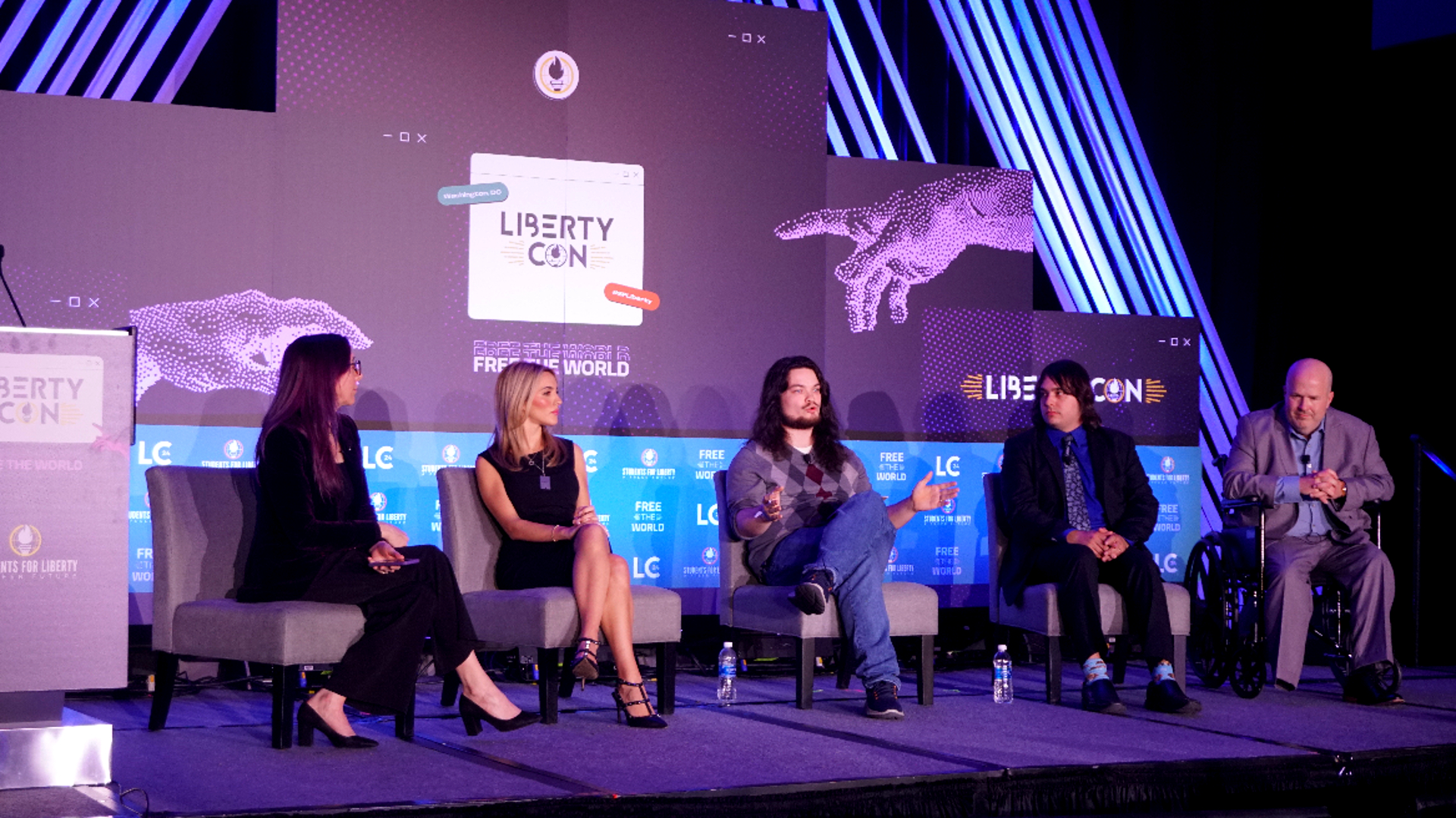
The key to finding truth in a world of misinformation
March 6, 2024 | Post
Today, more than ever, journalism is confronted with significant challenges, especially with media outlets striving to captivate audiences and deliver returns to shareholders.
But what happens when sensationalism and biased narratives become the norm? Where can individuals turn for accurate information when journalists prioritize agendas over facts? And how do we find common ground in an era of intense political division and factionalism?

Debunking Putin’s Alternative “History”
February 23, 2024 | Post
Two years on from Putin’s invasion of Ukraine, let’s examine and debunk some of the bogus justifications put forth by the fascist regime in Moscow and Putin’s alternative “history” that he uses in his attempts to delegitimize the Ukrainian nation.
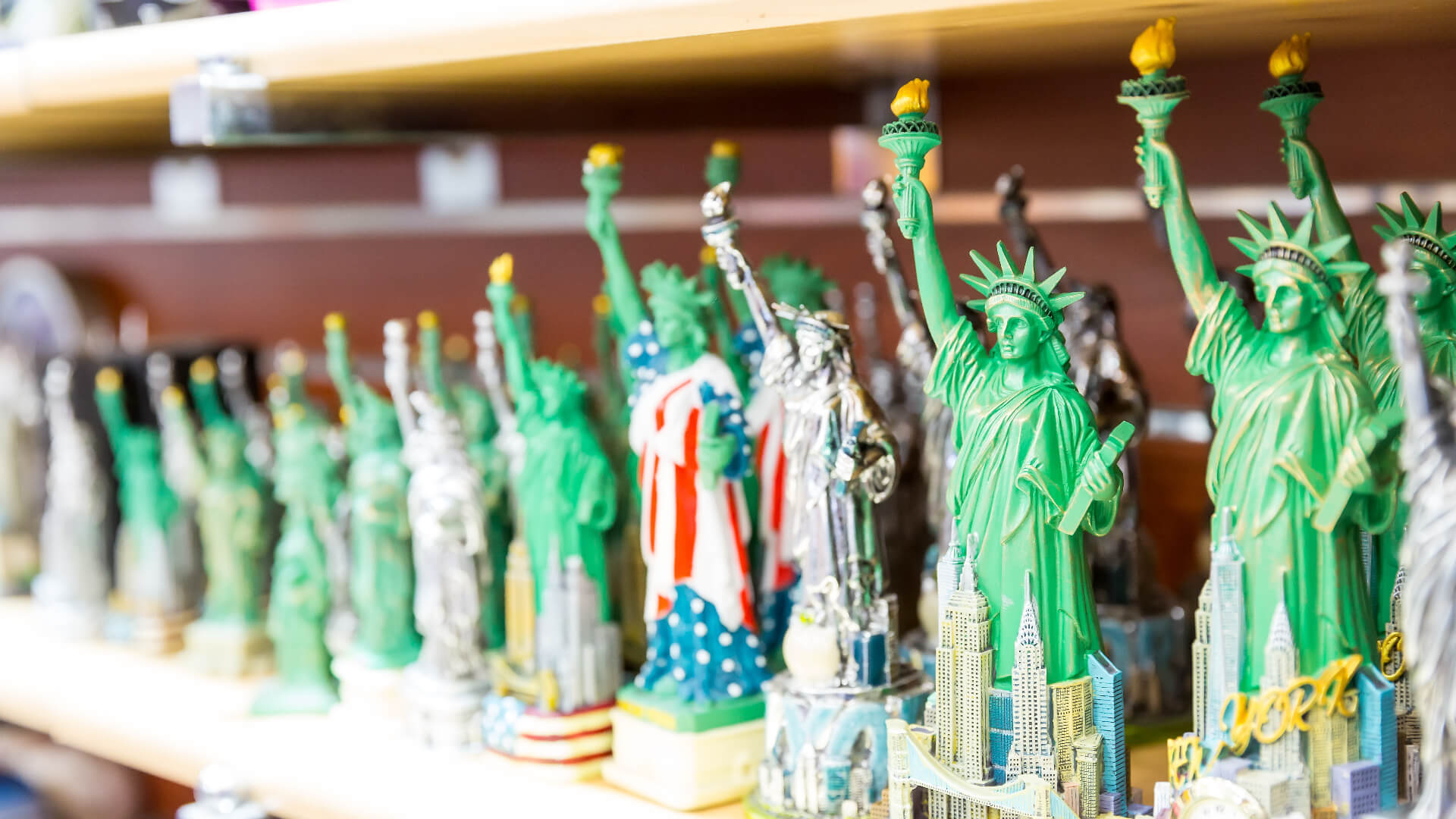
Liberalism as a product: how to convince others that freedom is good
February 21, 2024 | Post
Liberalism is a great product, but it often doesn’t sell very well, despite spearheading the astronomical leap in prosperity over the past 200 years.
So, what are liberals getting wrong and how can they sell freedom more effectively?
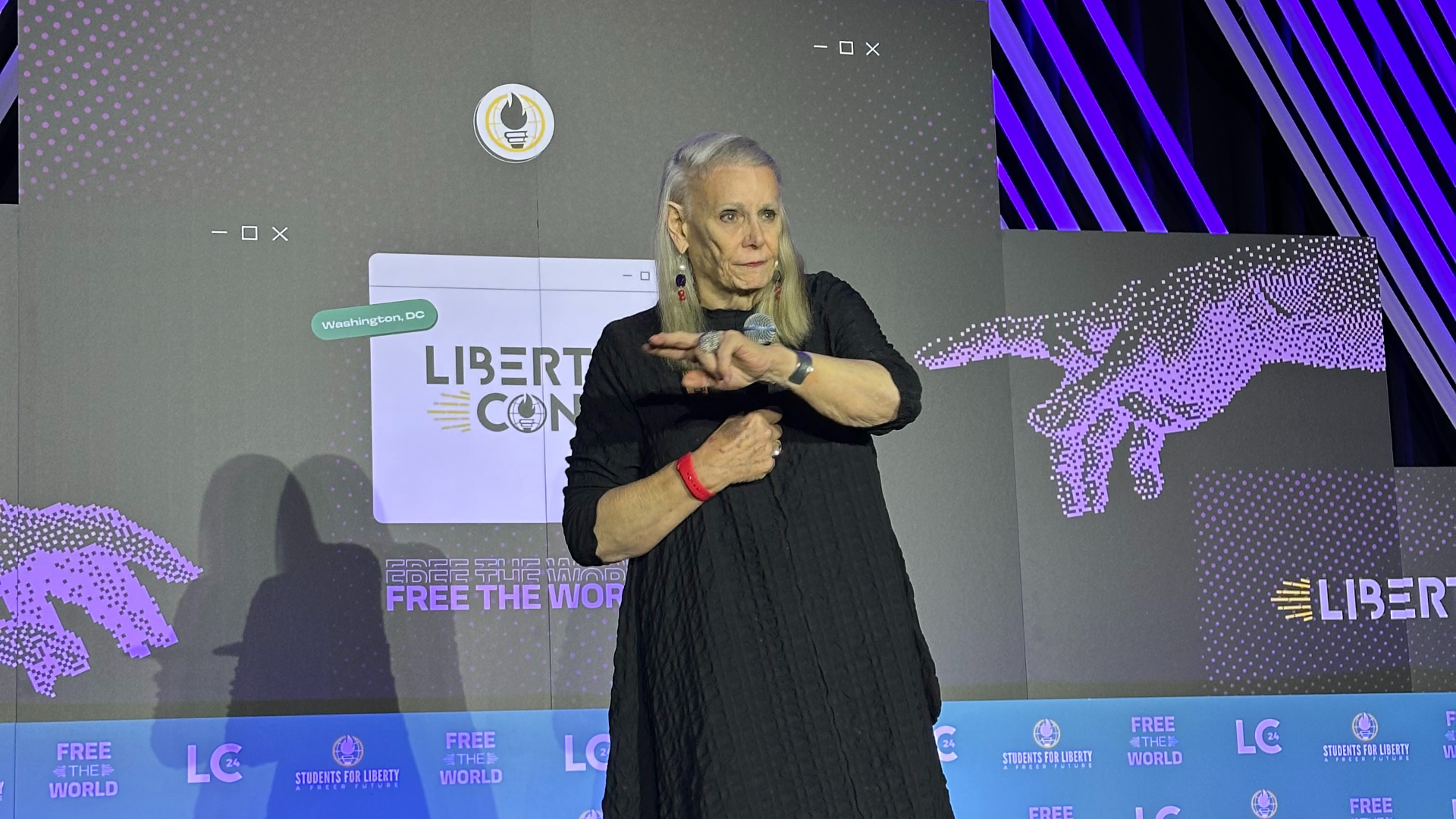
Deirdre McCloskey: ‘The pursuit of freedom has unleashed unprecedented innovation, prosperity, and social transformation’
February 21, 2024 | Post
Deirdre McCloskey, renowned economist and advocate for liberal values, delivered a stirring address at LibertyCon International, captivating attendees with her insights into the importance of liberty in fostering human flourishing and societal progress.
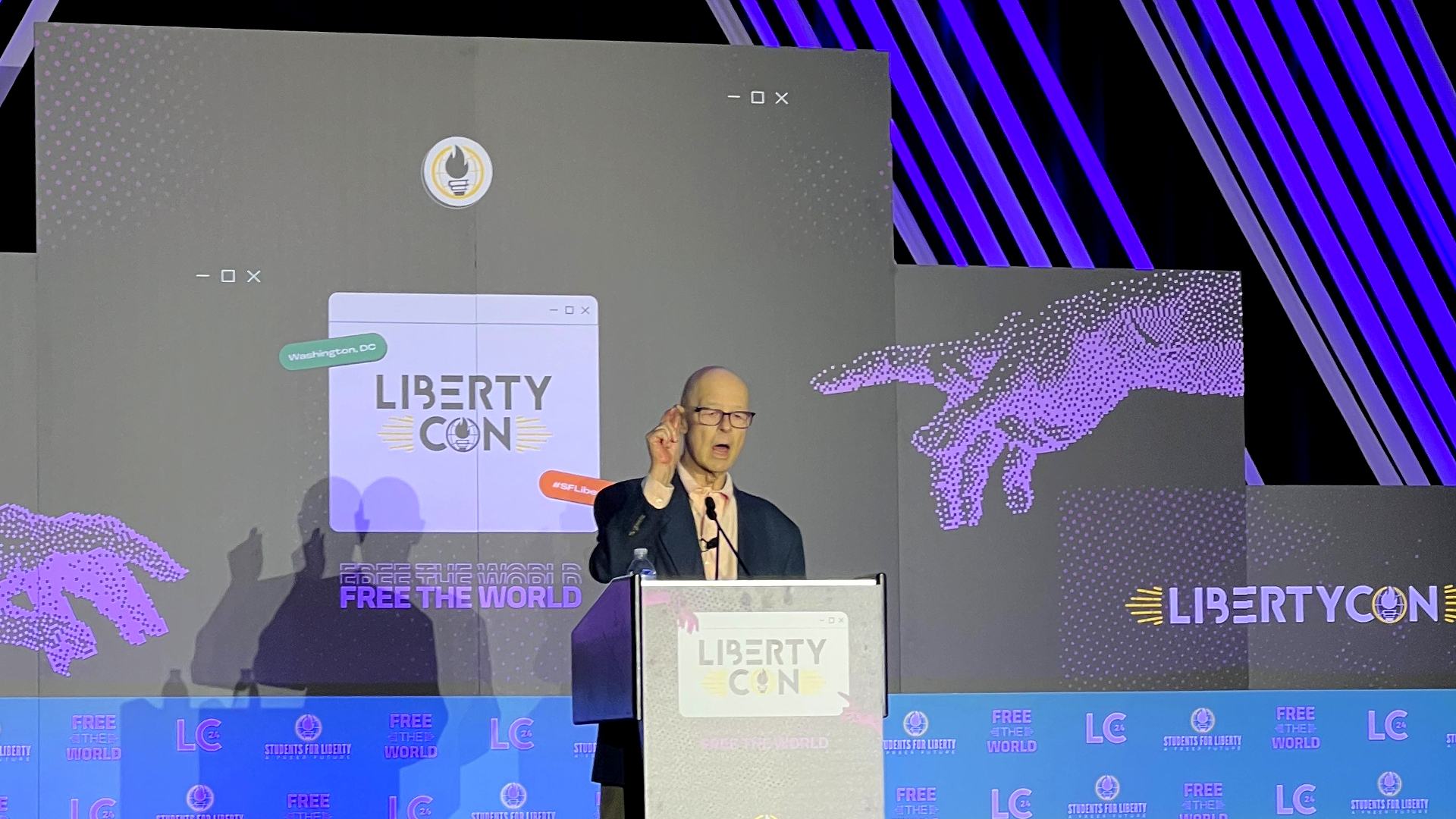
David Boaz: ‘Fight illiberalism and authoritarianism wherever you find it’
February 21, 2024 | Post
At LibertyCon International, David Boaz urged the liberty movement to “fight illiberalism and authoritarianism wherever you find it.”
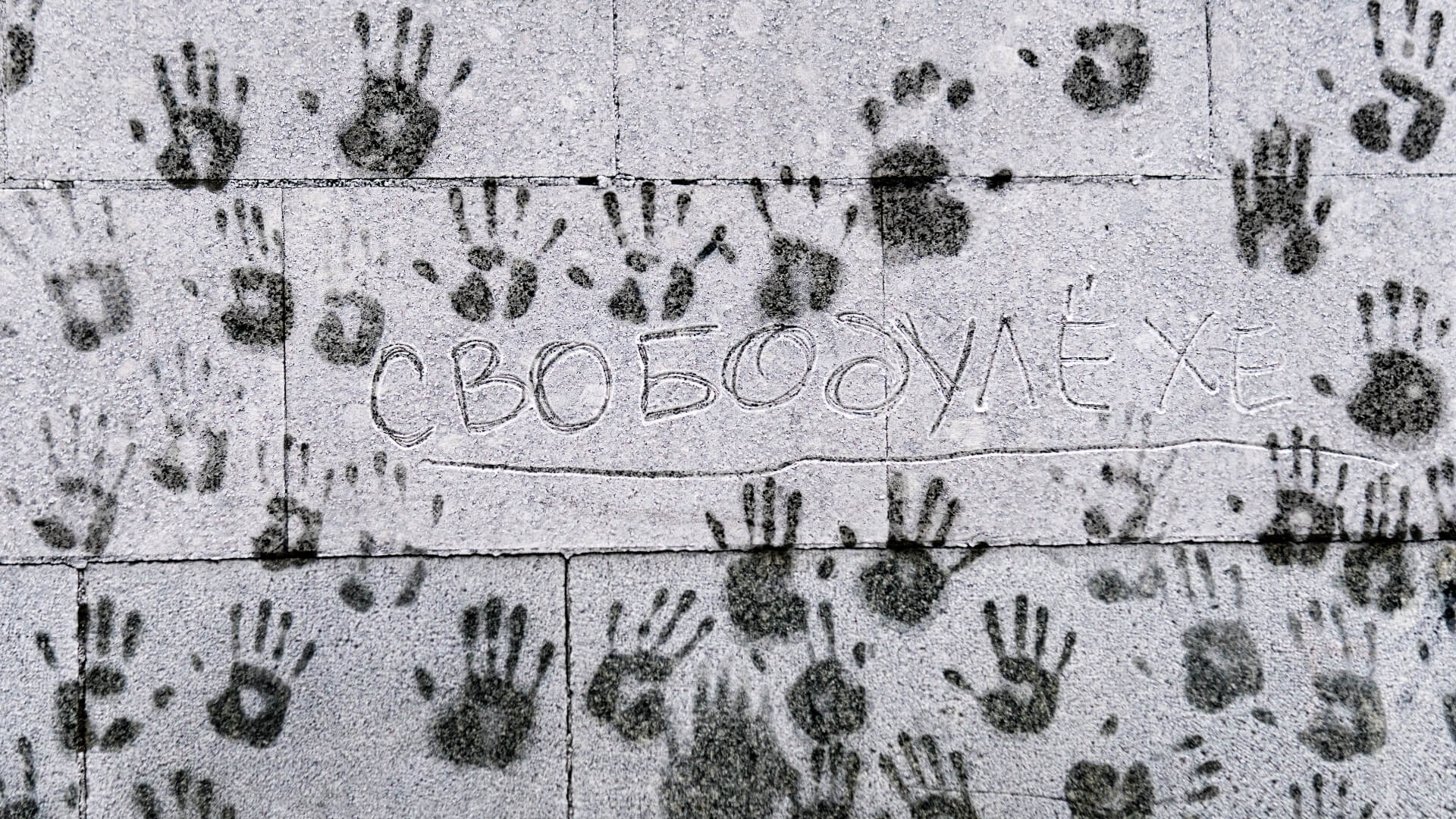
Remembering Alexei Navalny: a champion of freedom in Russia
February 16, 2024 | Post
Today, the world mourns the loss of Alexei Navalny, a fearless advocate for liberty and democracy in Russia, who died in a Siberian penal colony on February 16, 2024, aged 47.

Why our liberty hinges on the Rule of Law
February 16, 2024 | Post
The Rule of Law plays a pivotal role in enhancing individuals’ freedoms, as it dictates whether a country veers toward authoritarianism or freedom. But what do we understand as the Rule of Law?
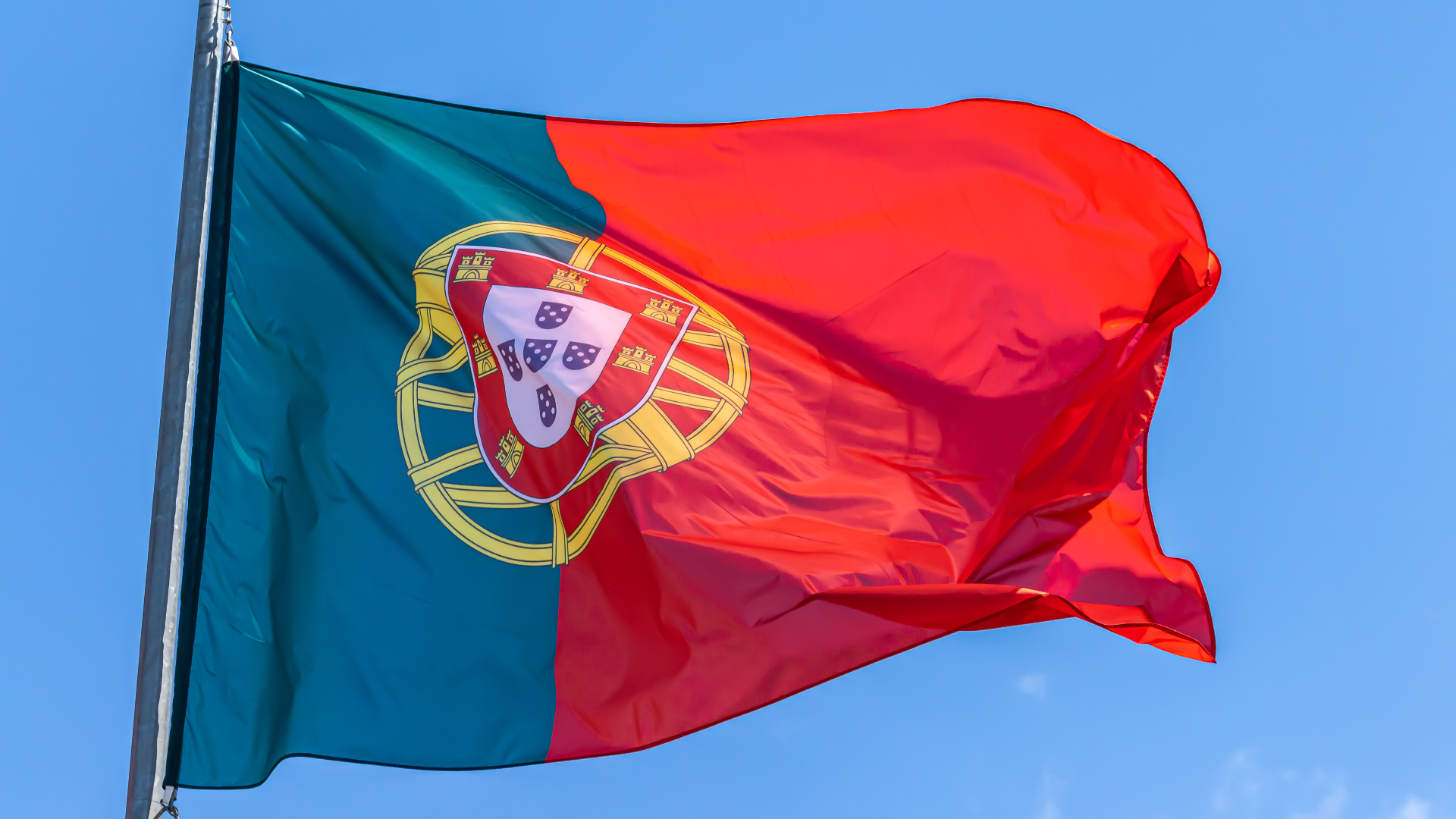
Why Portugal’s Socialist Party looks poised for victory despite scandal
February 15, 2024 | Post
Portugal finds itself once more on the precipice of electoral intrigue as the nation gears up for legislative elections on March 10, 2024. The (second) resignation of Prime Minister António Costa amid a corruption scandal has thrown the country into political turmoil.
Despite the obvious setbacks, recent polls indicate that Costa’s Socialist Party (PS) remains poised for reelection. This raises intriguing questions about the electorate’s enduring support and sheds light on the nuances of Portugal’s political landscape.

The Soviet Union’s terrible legacy on democracy and minority rights
February 7, 2024 | Post
Since they first seized power, Soviet leaders have claimed their “democracy” to be the best in history. However, their understanding of democracy differs significantly from that of the United States and other Western nations.
This second piece of a series addressing myths about the Union of Soviet Socialist Republics (USSR) will focus on the country’s strange legacy on democracy and minority rights.

Why is college so expensive?
January 19, 2024 | Post
To find out why college is so expensive and why student debt has reached crisis point, we need to dig deep into a maze of factors that ultimately leave the government with a lot to answer for.

How government subsidies encourage bad diets
January 18, 2024 | Post
If, like for most people, prices are an important factor in what foods you choose to buy, government subsidies have a significant impact on what ends up on your plate.
Walk down any aisle, and you’re likely to come across high-fructose corn syrup. This commonly used artificial sweetener owes its prevalence to government handouts to the corn industry. Generous subsidies enable the widespread use of high-fructose corn syrup, contributing to the overconsumption of sugary foods.
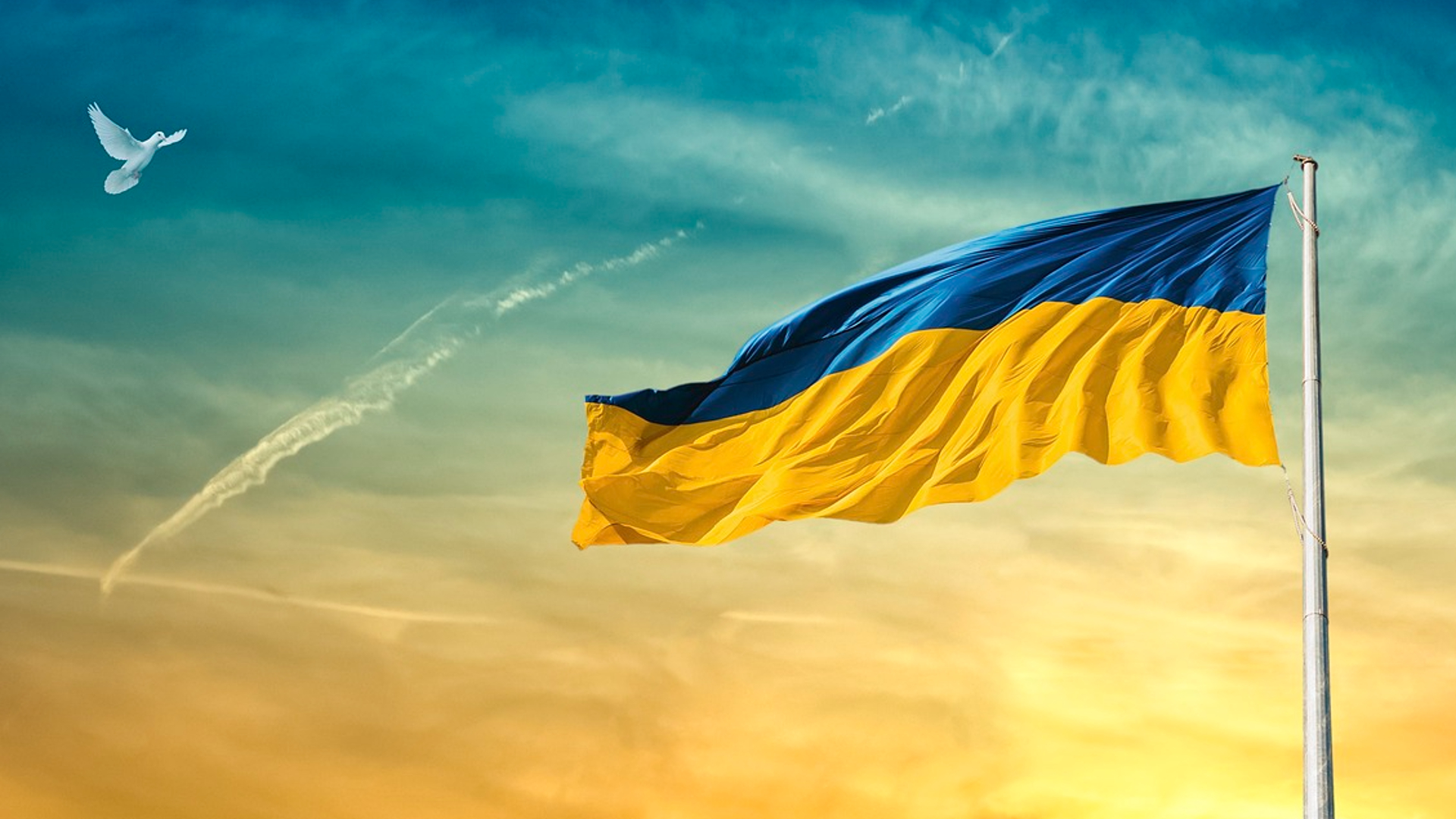
There is only one colonizer in Ukraine, and it isn’t the West
January 16, 2024 | Post
Amid the ongoing war in Ukraine, Vladimir Putin and the Russian state — along with many gullible voices in the West — assert that Ukraine is a victim of Western colonialism and expansionism.
Indeed, Putin’s narrative frames Russia’s invasion as a supposed liberation of Ukraine from nefarious external influences.
However, an examination of history reveals a starkly different truth — one deeply rooted in centuries of Russian colonialism and expansionism.

The rise of political violence: is it only going to get worse?
January 15, 2024 | Post
Political violence in the United States has experienced a surge in recent years. Incidents like the January 6, 2021 attack on the Capitol, Antifa rioting, and the infamous Charlottesville rally in 2017 have underscored a concerning trend.
The question that looms large is whether this surge is an isolated phenomenon or a harbinger of a darker future for the nation.

How Section 230 protects your online freedom
January 12, 2024 | Post
Section 230, part of the Telecommunications Decency Act of 1996, may sound like just any obscure piece of legislation, but it plays a crucial role in protecting your online freedom.
When Section 230 became law in 1996, it brought common sense to the table — content creators should be held responsible for their own words, not the platforms playing host.
However, in recent years, there has been significant pushback against Section 230 from figures across the political spectrum.

A new Vancouver development shows what’s possible when housing is deregulated
January 12, 2024 | Post
Sen̓áḵw is a $3-billion, 11-tower real estate development in Vancouver, set to be built on Squamish Nation reserve land. The project, named after the ancestral territory the Squamish people were removed from in 1913, is a sustainable village developed in partnership with Westbank.
The example set by the Sen̓áḵw development project shows us what we could have in other places too, if only the state — and the NIMBYs whose interests they serve — would step aside and let progress unfold.

The awkward and uncomfortable problem with national conservatism
January 11, 2024 | Post
The recent surge of national conservatism in the United States has not only highlighted a departure from classical liberal principles but also raised concerns about a fundamental shift away from the values that have long defined American governance.

Would a “national divorce” lead to more individual liberty?
January 9, 2024 | Post
As the United States finds itself in the throes of increasing political polarization, the idea of a “national divorce” has gained traction, particularly within the liberty movement.
Advocates argue that splitting the nation into independent states could enhance individual liberty, allowing citizens to align with governments that reflect their values.
However, opponents contend that such a move could lead to fragmented anti-liberty measures and weaken the nation’s collective defense of individual rights.
Let’s delve into the key arguments for and against national divorce, exploring whether such a division would truly be conducive to individual liberty.
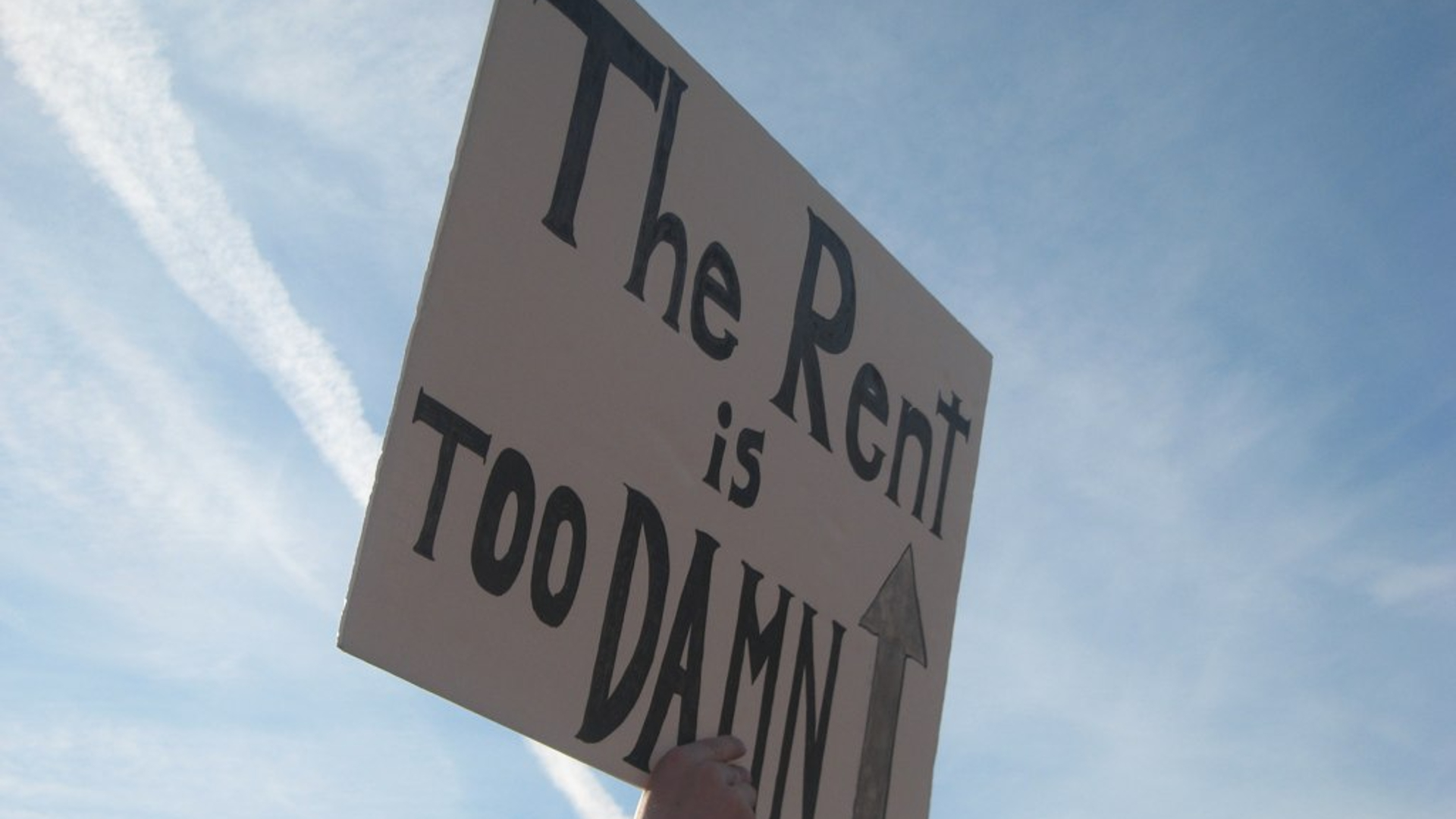
Unmasking the true force behind the housing crisis
December 21, 2023 | Post
For the first time since the Great Depression, a majority of young adults in the U.S. aged 18-29 live with their parents.
The intensifying housing crisis across the United States and worldwide is a pressing concern, particularly for Millennials and Gen Z, who are often priced out of getting their own place for far longer than what has been the norm for previous generations.
Such a crisis inevitably prompts a blame game. But who or what is really to blame?

How occupational licensing oppresses the poor
December 19, 2023 | Post
Imagine having to pay and jump through hoops for the government to allow you to work. That’s essentially how occupational licensing works.
Occupational licensing is a system that disproportionately burdens and oppresses the economically disadvantaged, hindering social mobility.

It’s time for qualified immunity to go
December 15, 2023 | Post
How can qualified immunity continue to be a protective shield for officers who neglect their duties, especially in cases where lives are at stake?

